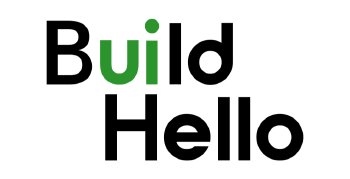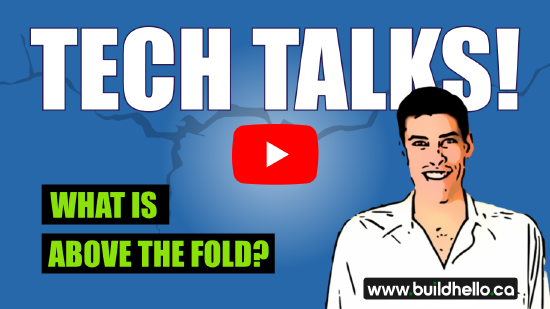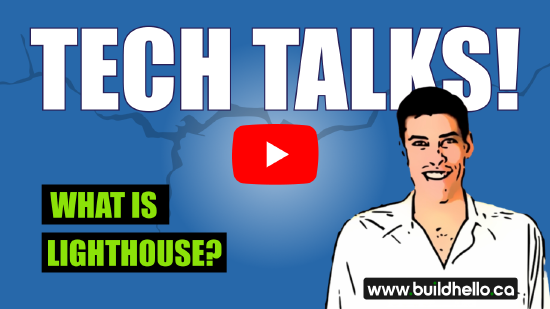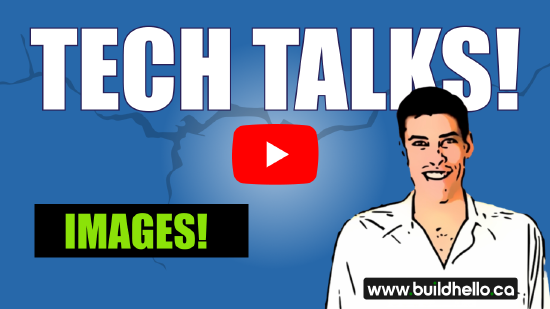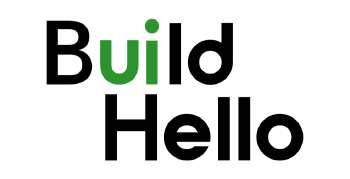Written Material Comes in All Shapes and Sizes
We can be talking expository, as in fact-based or instructive; descriptive, like that worn travel guide you once slept on; persuasive, see your rich dad; or narrative, hello Netflix.
Material written for the web is no different.
Wikipedia, for example, contains expository material and descriptive material, while content written for Best Buy should be both persuasive and descriptive.
News media, on the other hand, can contain expository, descriptive, narrative, and persuasive material, depending on the column or domain category you're reading from.
Having said that, when we as content consumers, think of web content, we usually think in terms of articles, posts, white-papers, manuals, and stories.
What Do You Own?
As the owner of a website, it can be helpful to think about the style of content you want presented in each page section or on each web page.
Are you selling products to your viewers?
Are you providing them with educational material or entertainment?
Why would a viewer want to read from your website?
While this planning may seem trivial, it will clarify the purpose of your web pages, and, as a result, the impact those pages have on viewers.
Here's a list of writing styles commonly found on the web:
Writing Styles Commonly Found on the Web
Business copy
Sales copy
Journalism
Web articles
Social media posts
Technical writing
Tutorials
Blogs
Fiction
Encyclopedic
You're probably familiar with these styles, either as a content consumer, through university coursework, or within your own professional expertise; however, it's important to note that in today's world wide web, the profession of writing, as it has been traditionally known, is upside down.

Search Engine Optimization
Ranking content on search engines is now, in many cases, a higher priority than following traditionally established writing methodologies.
It doesn't matter how well your material is written if nobody reads it (or so the argument goes).
And there is certainly truth to that argument; though designers of search engine algorithms are fast adapting ways to rank better written content higher.
The Multi-Disciplinary Knowledge Worker
The art of writing for the web today is a consilience of multiple specialties.
The writer must not only know how to communicate expertly in his or her native language, but also typically have a specialization in the subject matter at hand, and years of study in the field of search engine optimization.
New organizational processes and standards are born every day to manage this challenge.
The first of these is to hand-off finalized and edited material to search engine optimization experts, who then re-edit material for keyword and optimal passage inclusion.
Higher-order processes combine search engine research with subject matter research ensuring material is written to rank before exiting the editorial pipe-line.
Sounds Complex. How Can We Help?
At Build Hello, we specialize in tone writing, which is to writing what method acting is to acting.
We analyze sample sets from a corpus of material that fits your criteria, then extract rhythm, word frequency, and style to seamlessly reproduce almost any English language writing style.
In the process, we integrate years of search engine optimization study to ensure on-page content is optimally indexed by search engine crawlers.
And then we have our specialties [yes, by all means, ask about our specialties].
Give us a call, drop a note in our form, or fire off an e-mail. We'll get back to you pronto and book you in for a free consultation and quote.
Oh Ya, Before We Forget, Here Are a Few Techniques We Incorporate in Our Content Writing:
Content Chunking
Keyword Integration
Google Passages
Content Linking
Proven methods of click appeal [note: so not the same as click baiting]
